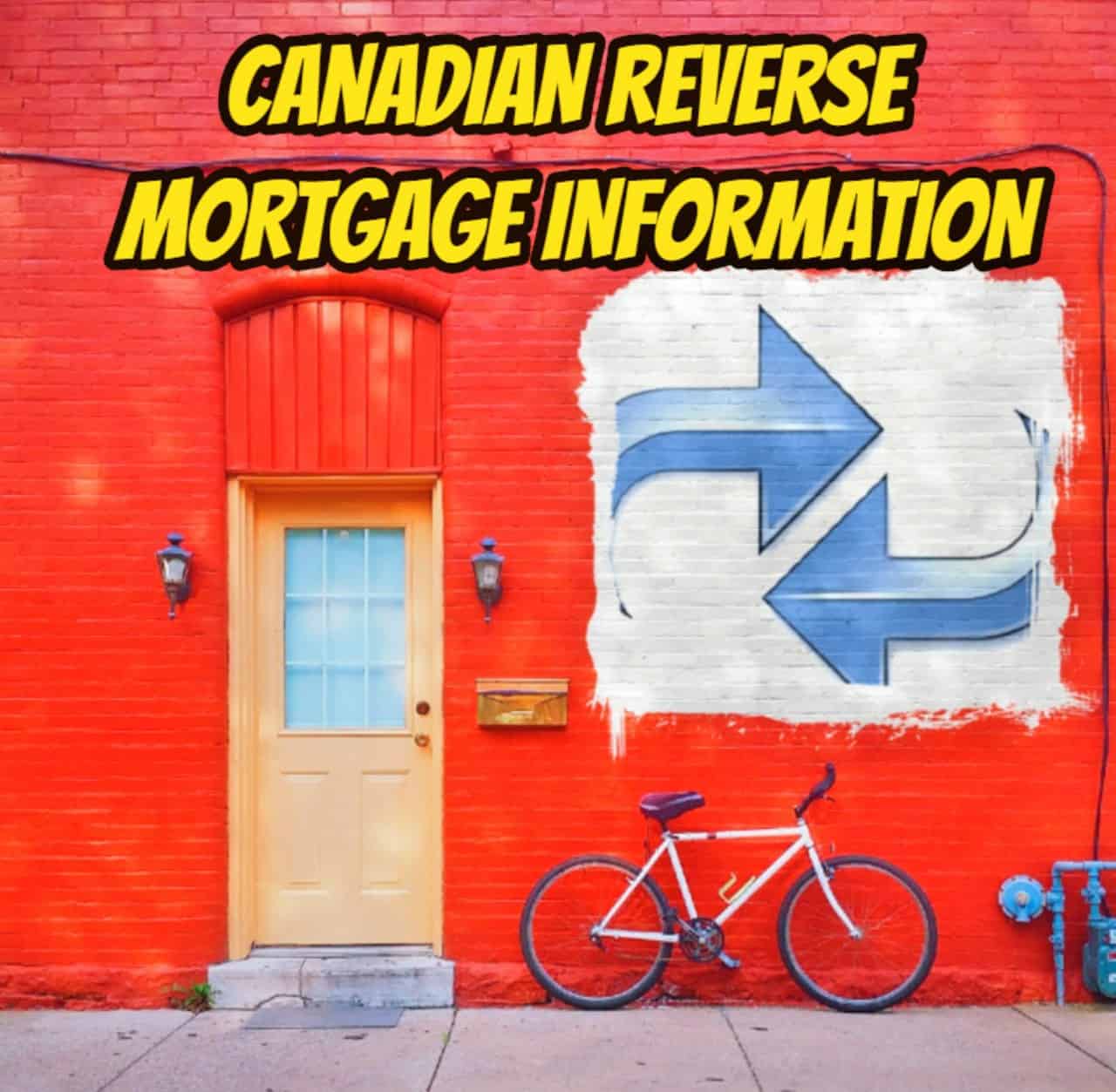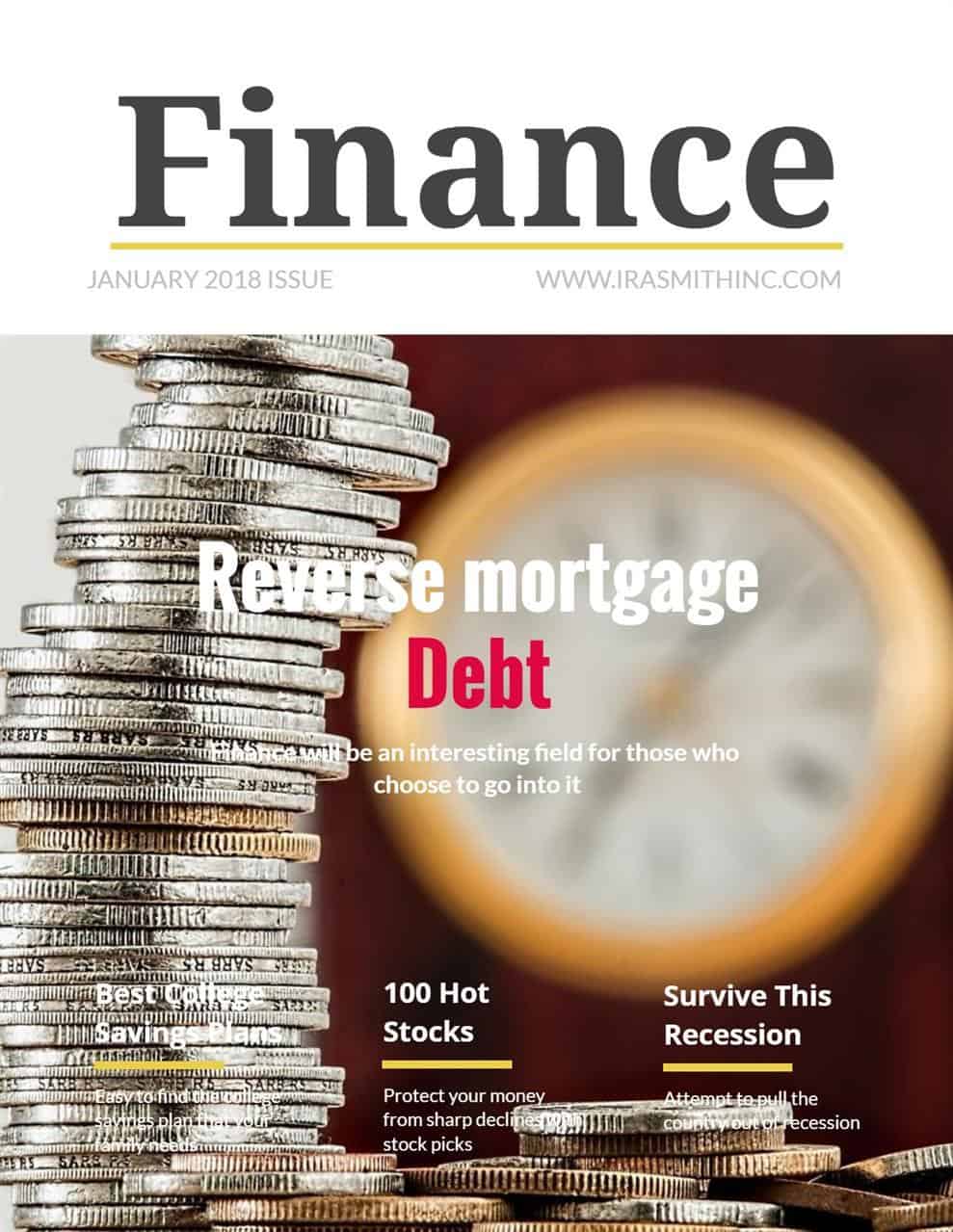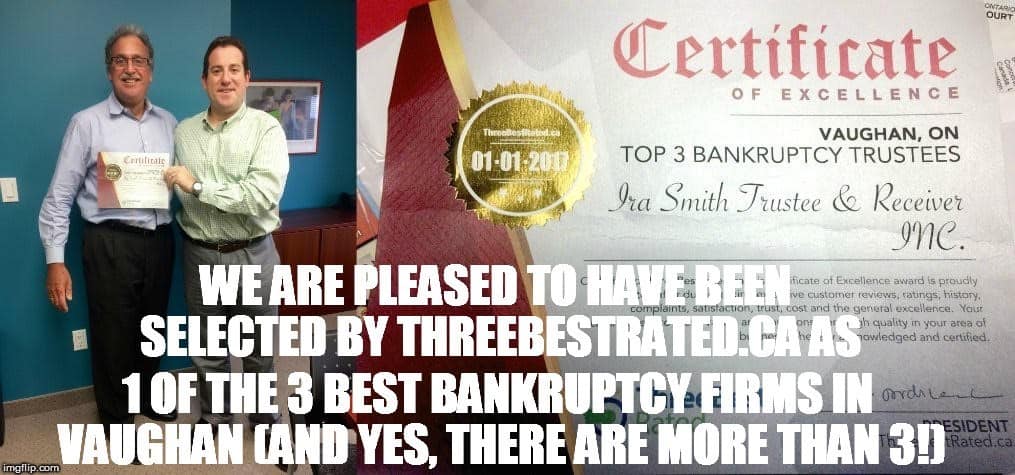 Canadian reverse mortgage information: Introduction
Canadian reverse mortgage information: Introduction
Funding one’s retirement has become increasingly difficult. Pension plans are quickly disappearing and Old Age Security (OAS) and Canada Pension Plan (CPP) don’t provide adequate funds to make ends meet. However, seniors have sought Canadian reverse mortgage information.
Many seniors with homes are house rich but cash poor and they’ve discovered that a reverse mortgage is the way to tap into the mother lode and fund their retirement.
Canadian reverse mortgage information: What is a reverse mortgage?
Reverse mortgage is not a new-fangled concept or invention. In fact reverse mortgages have been around in Canada since 1983. But it’s only in recent years, as many seniors are desperate to find ways to fund their retirements, that reverse mortgages have really taken off. CHIP has the market cornered as they are the only providers in Canada of reverse mortgages.
A reverse mortgage is a loan. It’s designed for home owners who are 55+ so that they can get money without having to sell their house. The home owner receives the loan against the equity they’ve built in your property. No payments have to be made until the borrower moves out or dies. Sounds great! What could go wrong?
Canadian reverse mortgage information: What’s the catch?
You know there always has to be catch… Here is some Canadian reverse mortgage information that will shock you. If you miss a property tax payment, you go into default. It won’t be as simple as just making up the missed property tax payment and maybe paying a fee as a penalty to the lender. You will lose your home and you will have to pay your lender’s legal fees as well.
Canadian reverse mortgage information: CHIP Mortgage Corporation 5 Inc. v. Deep
It may not seem fair but it’s the law. A recent court case in Ontario, CHIP Mortgage Corporation 5 Inc. v. Deep, clearly demonstrates this law at work. The mortgage went into default because the property taxes weren’t paid and as a result this default entitled the lender to take possession of the property and sell it. In addition the borrower was required to pay the lender’s legal fees.
Canadian reverse mortgage information: Borrowing all the equity of your home may not be your answer for retirement
Before you get to the stage where you can’t make a property tax payment and risk losing your house please reach out to a professional trustee. In fact, if you realize that you can’t pay your debts heading into retirement, contact us.
We understand the pain and stress too much debt can cause. We can help you remove that pain and solve your financial problems given immediate action and the right plan. Make an appointment with Ira Smith Trustee & Receiver Inc. for a free, no obligation consultation and you can be on your way to enjoying a carefree retirement in your home Starting Over, Starting Now. Give us a call today.








